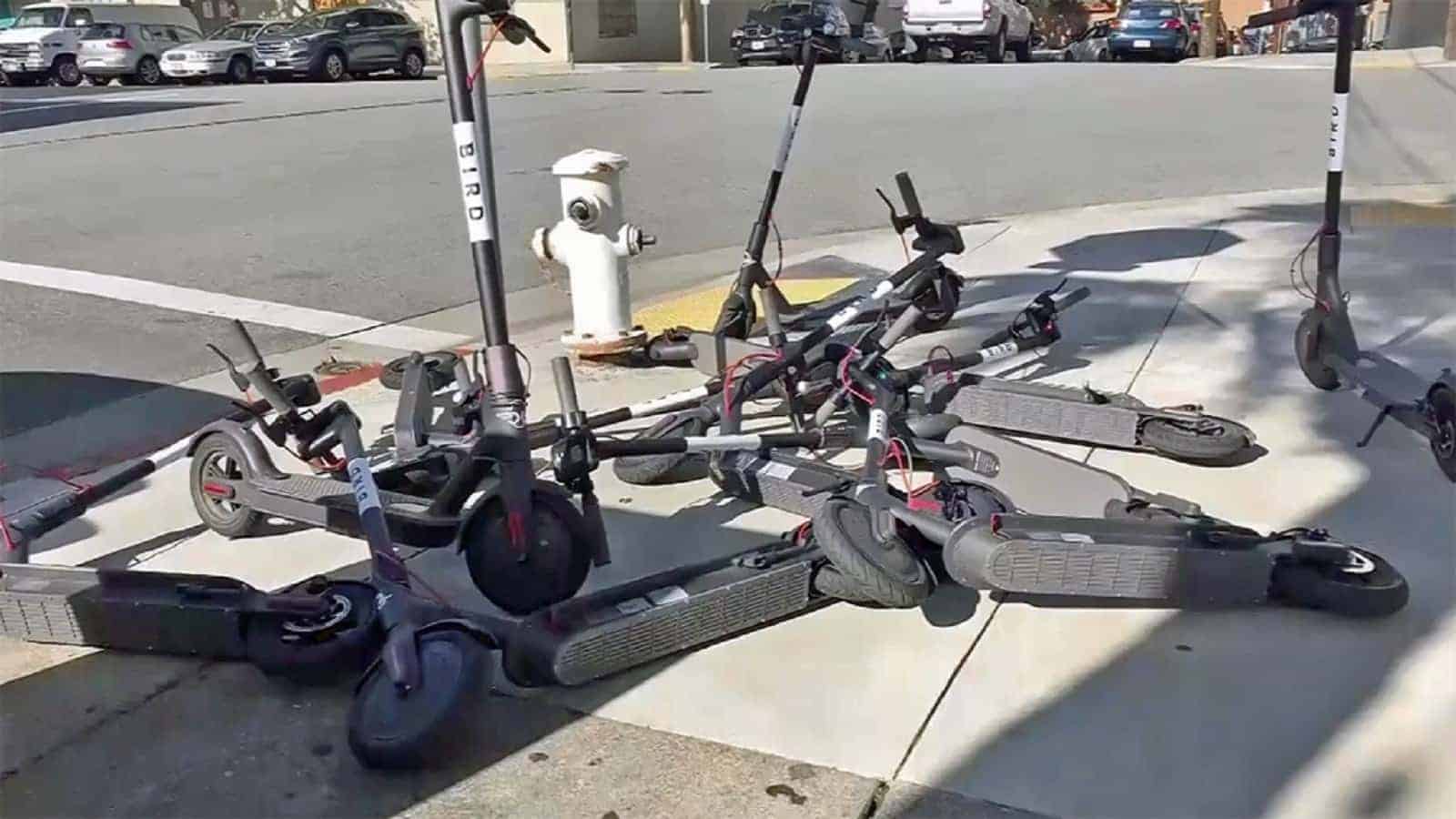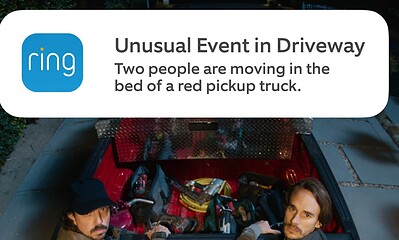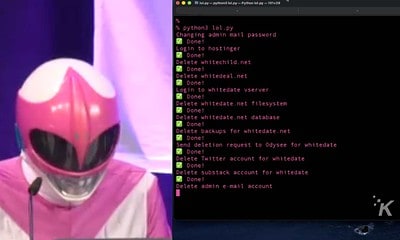News
LA wants rideshare scooter companies to share your location data with them
Maybe this will lower the number of abandoned scooters.

Just a heads up, if you buy something through our links, we may get a small share of the sale. It’s one of the ways we keep the lights on here. Click here for more.
LA wants rideshare scooter companies to share their GPS data in order to get their operating permits. That ruling from the Los Angeles Department of Transportation (LADOT) is being spun as helping with city planning purposes, but privacy advocates have raised issues over the data collection practice.
Those advocates include ridesharing companies such as Uber and Lyft, who appear to be making a stand for the privacy of their customers. They also feel that they’re being punished for this stance, with reduced fleet sizes and operating times for refusing to share location data. The companies that are agreeing to share location details of their fleets can operate for a full year, with up to 10,500 scooters on the roads (well, sidewalks). For refusing to share GPS tracking data, Uber, Lyft, and others are artificially limited with a month-long operating license and only 3,000 scooters allowed citywide.
That’s a problem. While location data can be used to keep the city safer, the current plan from LADOT hasn’t publicly shared important details about how long those GPS coordinates will be stored, how the data is anonymized, and what limits are on the third-party data aggregators that LADOT is partnered with, such as Remix.
Putting limits on free market enterprise to compel sensitive data like this is a slippery, slippery slope
Currently, when the government wants location tracking data held by companies on private individuals, the Supreme Court says that the government needs a warrant. While that ruling was specifically for a “wireless carrier’s database of physical location information,” the logic used in the ruling suggests that a warrant would be needed for any digital data that could show the inner movements of a private individual.
Another Supreme Court decision, United States vs Jones, held that the warrantless use of a tracking device (GPS) on public streets was a Fourth Amendment rights infraction.
With California now having the strongest data privacy laws in the US, backed up by these Supreme Court decisions, it’s pretty clear to me that LADOT is going to face some litigation over the new rules. LADOT might be exempt from the Californian privacy laws, but are they exempt from the Constitutional rights of Americans? Remix, the data aggregator that LADOT is partnering with isn’t exempt from either set of laws, so it’ll be interesting to see how this shakes down once the lawyers get involved.
What do you think? Would you care about your location data being shared? Let us know down below in the comments or carry the discussion over to our Twitter or Facebook.
Editors’ Recommendations:
- Warner Music signs an algorithm to a multi-album deal
- YouTube has decided it no longer wants to be a TV station
- Comcast to bulldoze part of Philly to build a $50 Million esports arena
- A new report points to two new Nintendo Switch models by the end of the year
- We chose the form of the destructor, and it is electric scooters



























